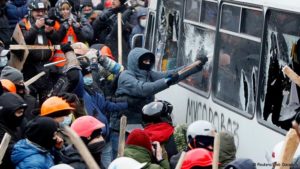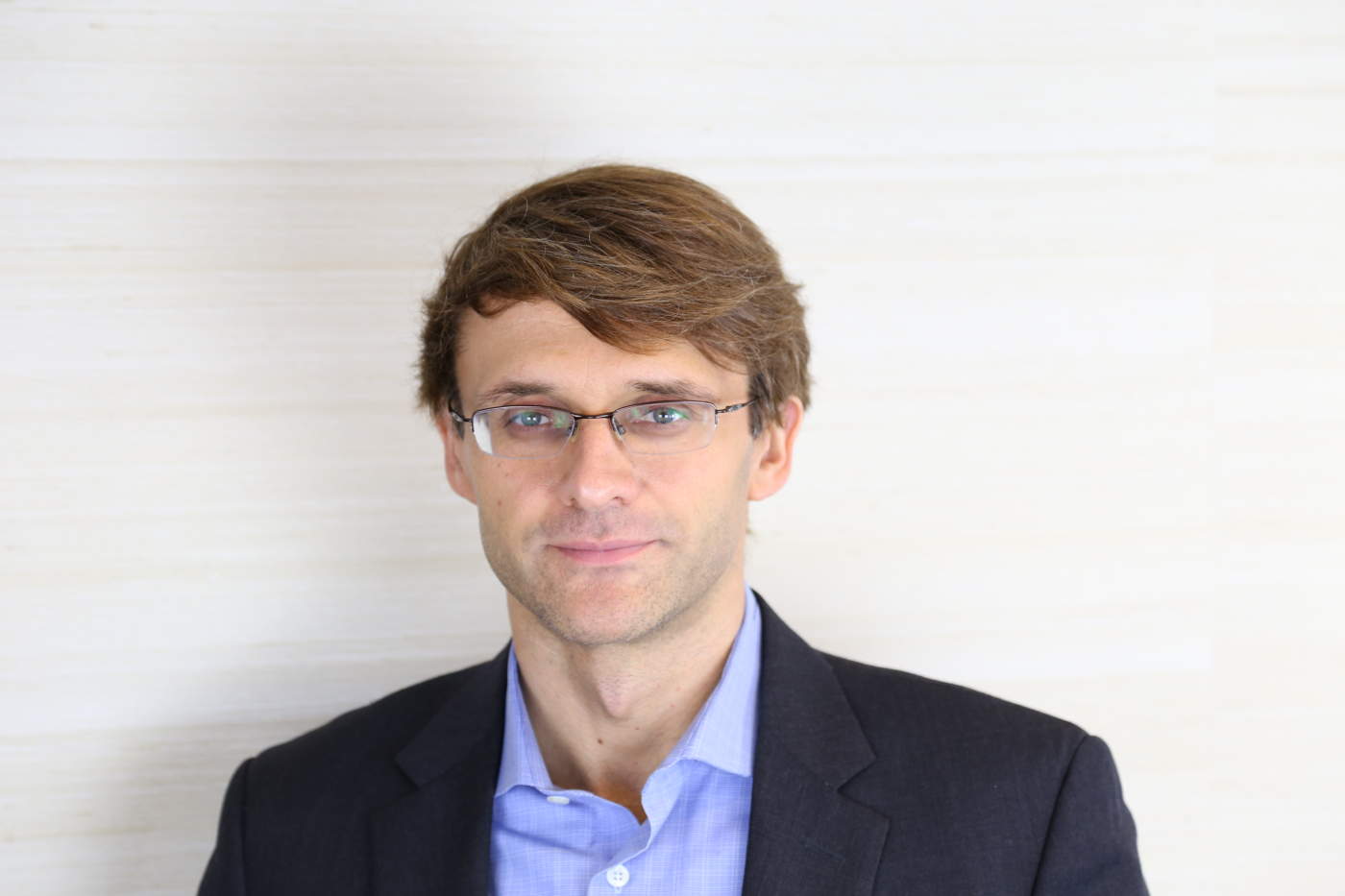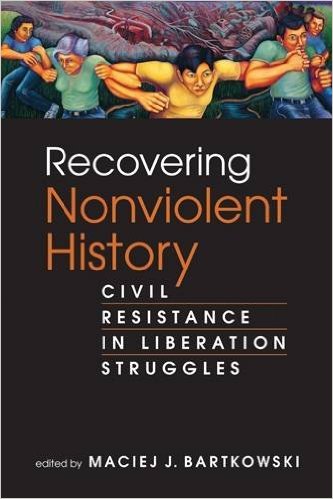The icon of the Polish Solidarity – Jacek Kuroń– was also an acute strategist of nonviolent struggle. When he saw the frustration and anger of the Polish workers with the misery of their daily survival under communism spilling over into riots and violence he called on his compatriots: “Instead of burning down party committees set up your own!”
 If Jacek Kuroń were alive today he would offer the same advice to Ukrainians. This is because he recognized two essential elements of a successful nonviolent resistance. Firstly, such struggle must be organized deep down and throughout the society, imprinted into its fabric in order to transform it and prepare people for future democracy. Secondly, such resistance, particularly against a ruthless and entrenched adversary, must be a protracted undertaking.
If Jacek Kuroń were alive today he would offer the same advice to Ukrainians. This is because he recognized two essential elements of a successful nonviolent resistance. Firstly, such struggle must be organized deep down and throughout the society, imprinted into its fabric in order to transform it and prepare people for future democracy. Secondly, such resistance, particularly against a ruthless and entrenched adversary, must be a protracted undertaking.
In Ukraine, the grassroots organizing not only in the capital but also in the major cities, smaller towns and villages across the country and not only among few activists and opposition leaders but in the farms, factories, across major industries, professional and neighborhood associations was either weak or non-existent. The two attempts to organize the opposition were either top-down, led by the political oppositionists that enjoy little public support or happened too late – a few days ago in the city Kharkiv where two hundred activists gathered– and given no time to show the results.
And equally important, the psychology of the protracted struggle has never taken a deeper root among the resisters. When explaining a spectacular breakdown in nonviolent discipline of the euromaidan movement the activists blame- next to violence committed by the regime and the lack of effective leadership on the part of the movement – the fact that people became exasperated with their two-month long peaceful resistance. The resistance had little to show they say: the authorities neither relented to the main demands of the movement nor agreed to negotiate genuinely with the opposition.
If Jacek Kuroń heard this argument he would be candid and straightforward: the struggle with any authoritarianism is an art of thinking – to paraphrase another Solidarity activist – Zbigniew Bujak – it should not be – as tempted as it is- an emotional state of mind. Thinking means a rational strategizing. And with the rational strategizing comes a time perspective that helps determine when is feasible to achieve what and how this can be done.
Furthermore, democracy is being built through the resistance and the kind of resistance one wages the type of government is likely to emerge in the future. If Poles abandoned their nonviolent struggle not even two months into it (even Syrians managed to keep their nonviolent resistance against murderous regime going on for five months- from March till August 2011) and instead chose violent acts to pave the way for their liberation Poland would unlikely be a democracy now while younger Poles – like Ukrainians now- would have had to face their own domestic tyrants.
Ordinary Ukrainians must reclaim their resistance from the radical elements and redirect it toward a positive force that it has been when it began in November last year.




Recent Comments